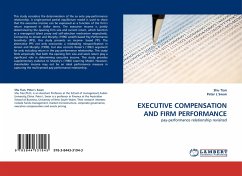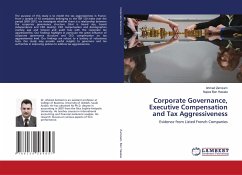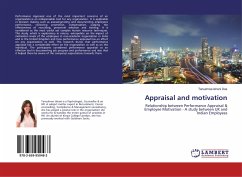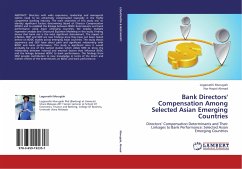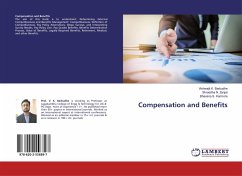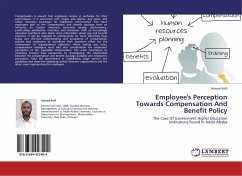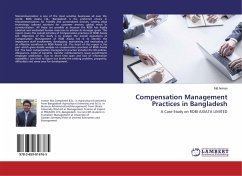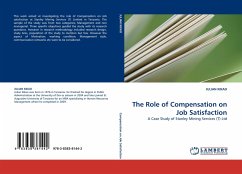This study considers the determination of the ex ante pay-performance relationship. A single-period partial equilibrium model is used to show that the executive income can be expressed as a function of the firm's return expressed in dollar terms. The executive income is jointly determined by the opening firm size and current return, which function as a managerial talent proxy and self-selection mechanism respectively. Comparing to Jensen and Murphy (1990) wealth-based Pay-Performance Sensitivity (PPS), this study presents an income- based PPS. The alternative PPS not only overcomes a misleading misspecification in Jensen and Murphy (1990), but also corrects Rosen's (1992) argument for only including return in the pay performance relationship. This study finds empirically that both the opening firm size and stock return play a significant role in determining executive income. This study provides supplementary evidence to Murphy's (1986) Learning Model. However, shareholder income may not be an ideal performance measure in capturing the multi-period pay-performance relationship.
Bitte wählen Sie Ihr Anliegen aus.
Rechnungen
Retourenschein anfordern
Bestellstatus
Storno

